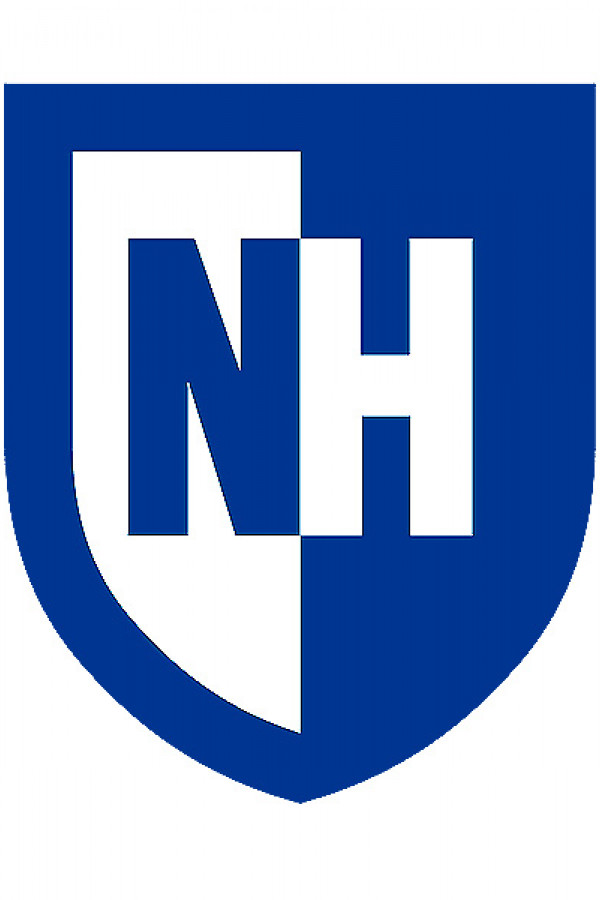The Mathematics minor at UNH boosts your analytical and problem-solving skills. The flexible program complements any major, giving you a solid foundation in mathematical theory and applications. Enhance your career opportunities in fields like data analysis, finance, engineering, and technology by mastering essential math skills that employers highly value.
What is a minor in mathematics?
The mathematics minor will introduce you to central fields of pure mathematics, such as algebra, analysis and geometry. You’ll be able to complement the core program requirements with an enticing selection of mathematics electives,including differential geometry, combinatorics, number and set theory, logic and topology. Tailor the minor to enhance a major such as business, economics, education or the sciences to prepare for your future career or graduate studies.
Why study mathematics at UNH?
You’ll work with a diverse faculty of accomplished mathematicians in a department where pure mathematics, applied mathematics, mathematics education and statistics are integrated, giving you exposure to many different facets of knowledge. Upper-level mathematics classes tend to be small, so you’ll enjoy close connections to professors as they delve into the intricacies of advanced ideas.
Potential career areas
- Business management
- Education
- Financial services
- Mathematics
- Programming
- Software development
- Statistics
Curriculum & Requirements
The mathematics minor will introduce you to central fields of pure mathematics, such as algebra, analysis and geometry. You’ll be able to complement the core program requirements with an enticing selection of mathematics electives,including differential geometry, combinatorics, number and set theory, logic and topology. Tailor the minor to enhance a major such as business, economics, education or the sciences to prepare for your future career or graduate studies.
For further information, please contact the minor coordinator located on the department website.
Academic policies related to Minors.
Credit toward the minor will only be given for courses passed with C- or better, and a 2.00 grade-point average must be maintained in courses for the minor.
- Courses taken on a pass/fail basis may not be used for a minor.
- No more than 8 credits used to satisfy major requirements may be used for the minor.
- No more than 2 courses or 8 credits may be from transfer coursework. Any transferred coursework must be approved by the minor coordinator.
For additional details on how to declare a minor, please visit https://www.unh.edu/registrar/academic-records/majors-minors.
| Code | Title | Credits |
|---|---|---|
| Required | ||
| MATH 528 | Multidimensional Calculus 1 | 4 |
| MATH 531 | Mathematical Proof | 4 |
| MATH 761 | Abstract Algebra | 4 |
| or MATH 767 | One-Dimensional Real Analysis | |
| Electives | ||
| Select two courses from the following: | 8 | |
MATH 760 | Geometry | |
MATH 761 | Abstract Algebra | |
MATH 763 | Abstract Algebra II | |
MATH 765 | Introduction to Commutative Algebra and Algebraic Geometry | |
MATH 767 | One-Dimensional Real Analysis | |
MATH 768 | Real Analysis II | |
MATH 769 | Introduction to Differential Geometry | |
MATH 770 | Foundations of Number Theory | |
MATH 772 | Combinatorics | |
MATH 783 | Set Theory | |
MATH 784 | Topology | |
MATH 788 | Complex Analysis | |
| Total Credits | 20 | |
- 1
This requirement may be satisfied by MATH 525 Linearity I and MATH 526 Linearity II.













